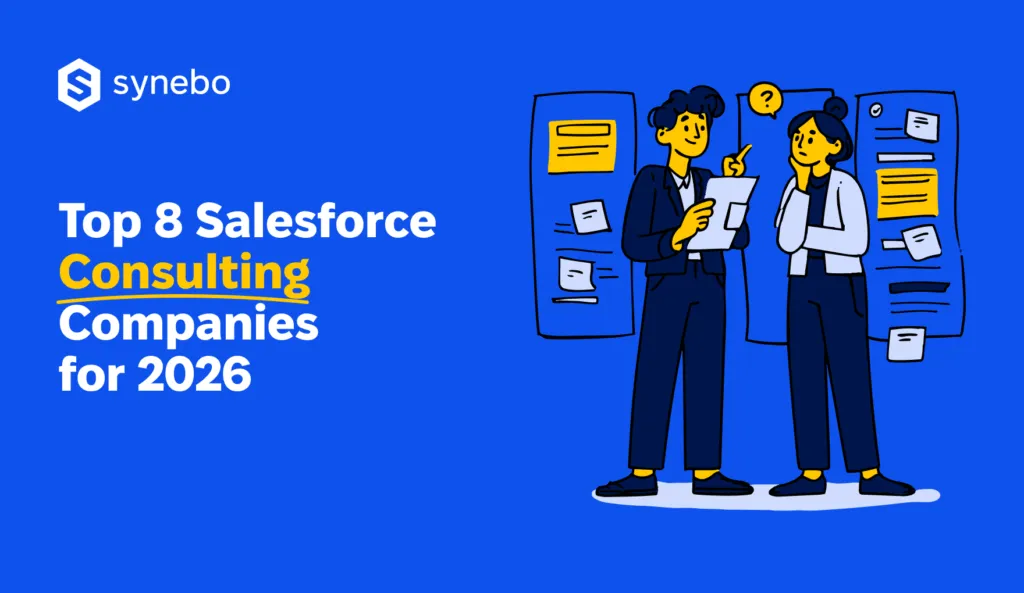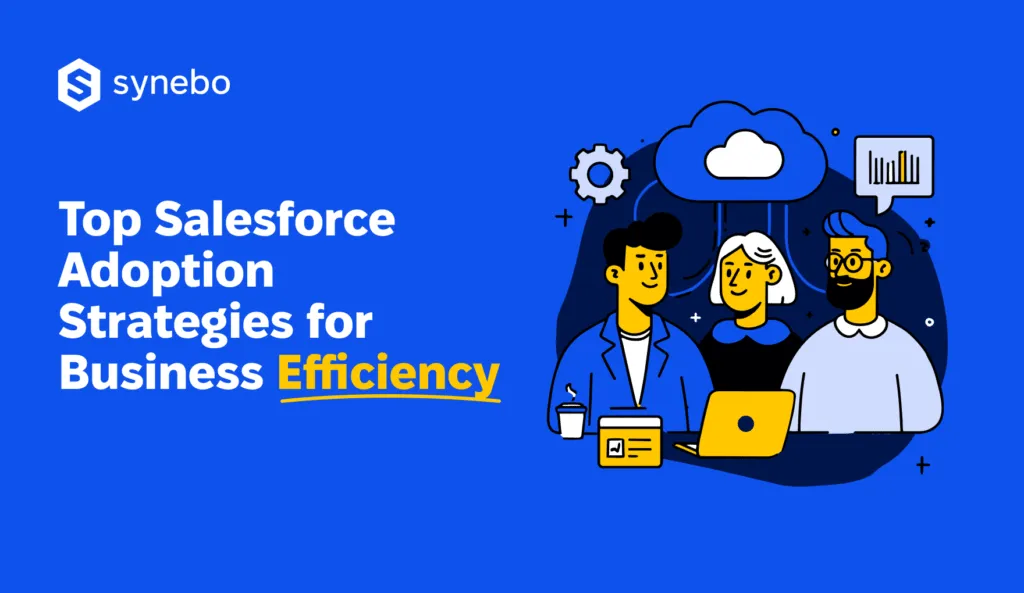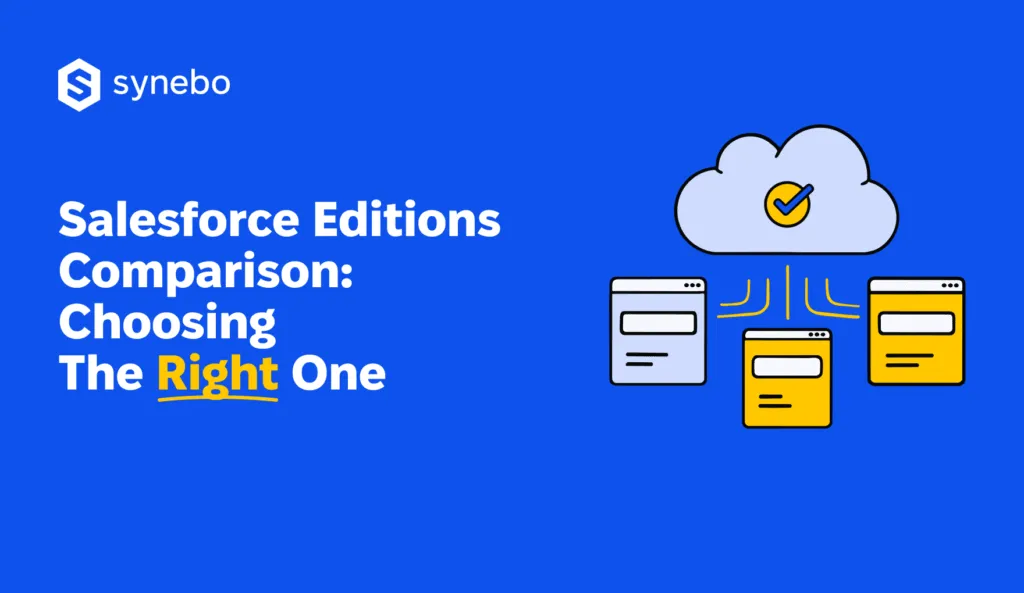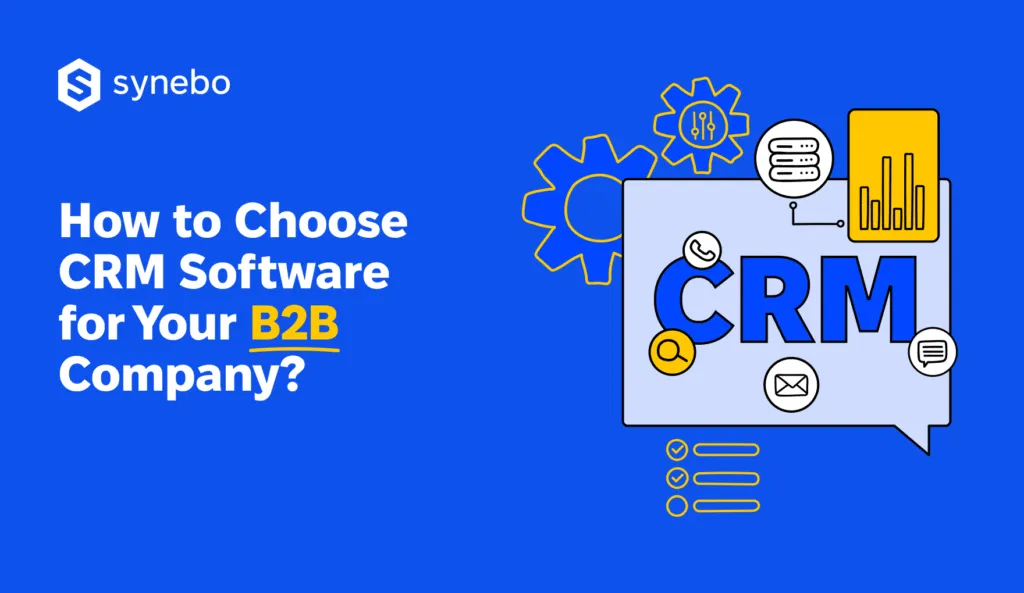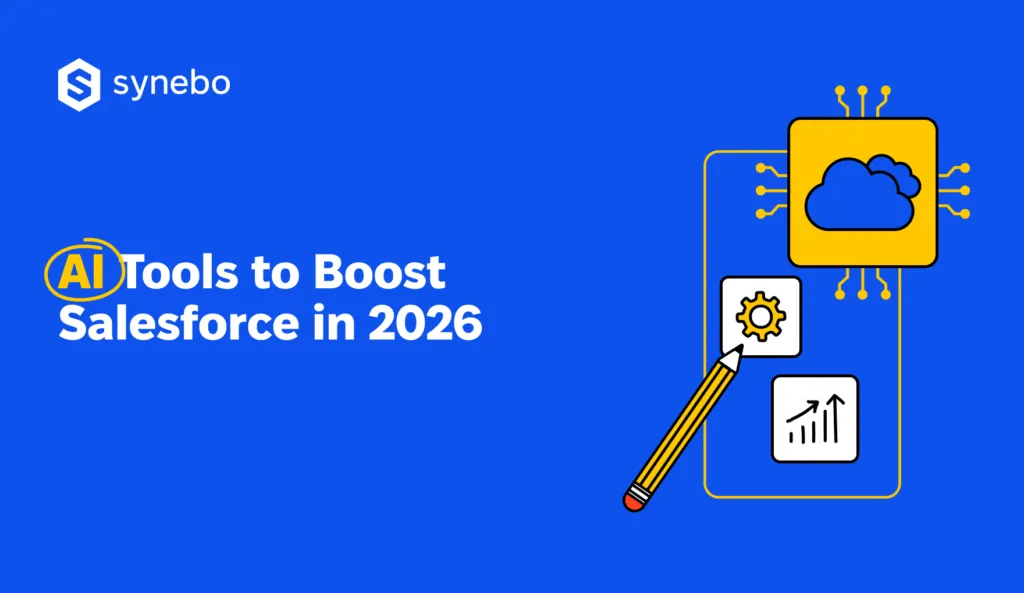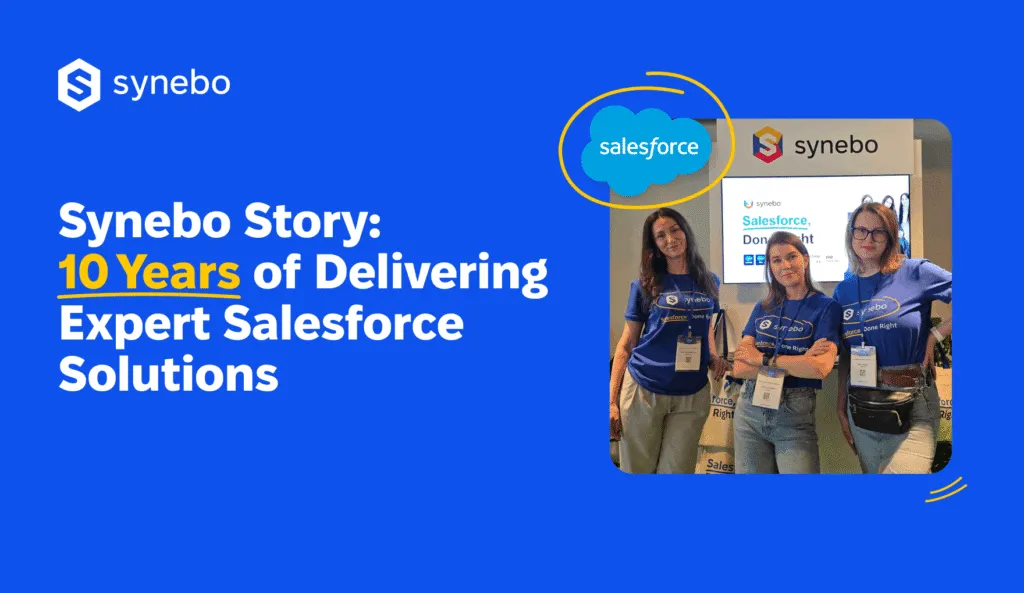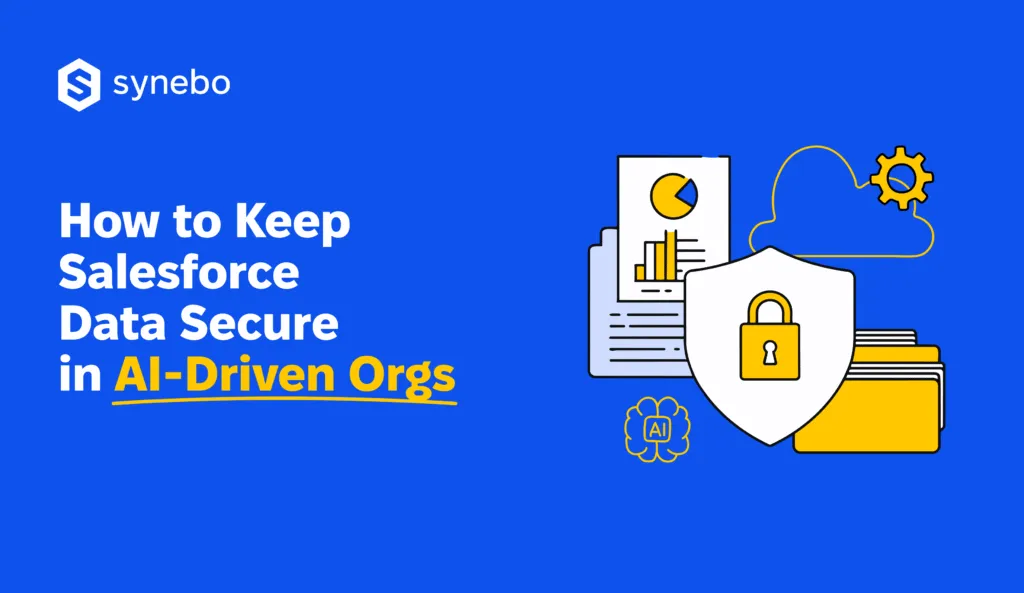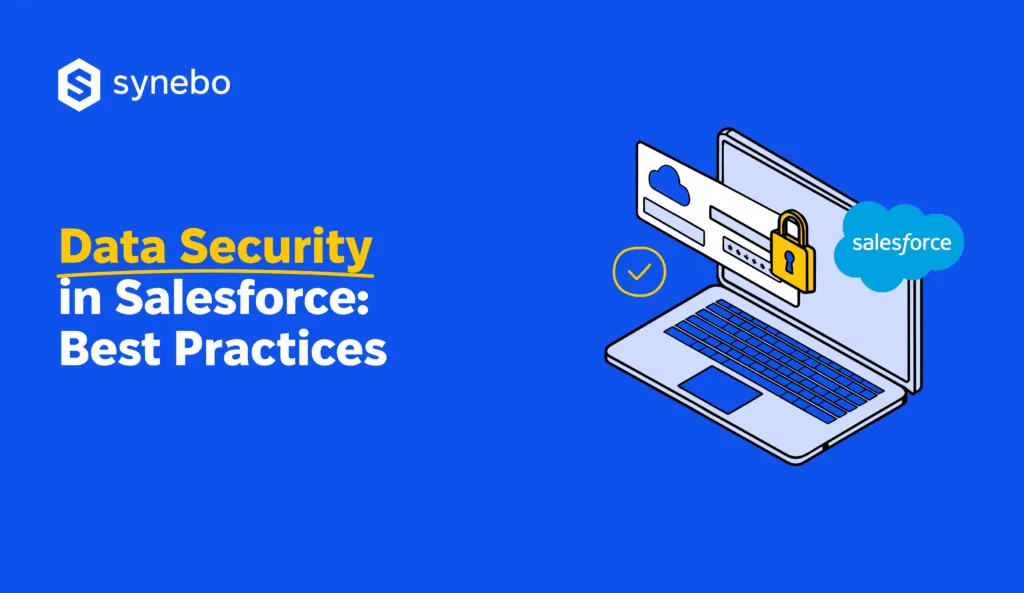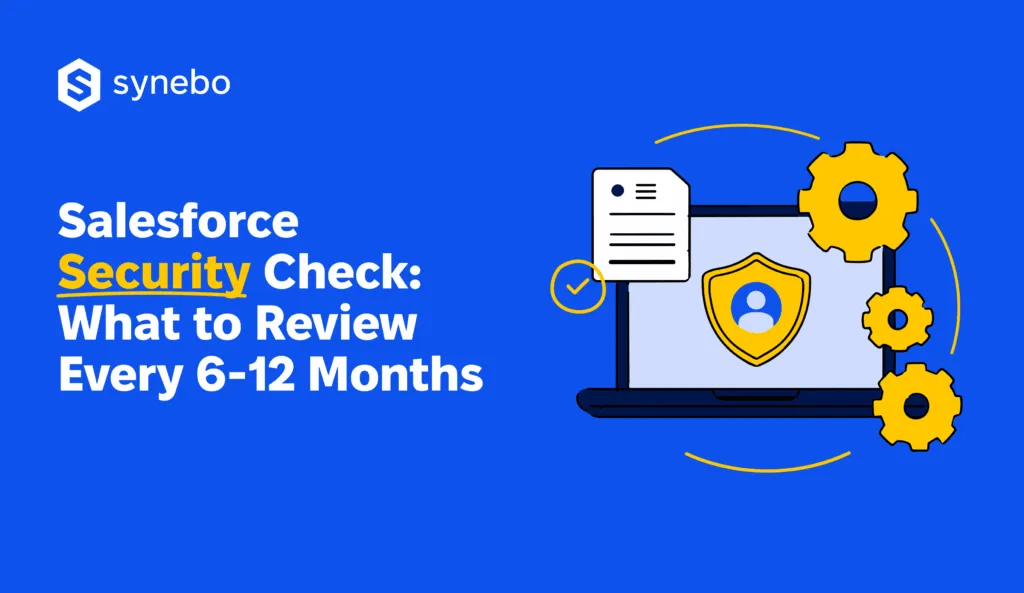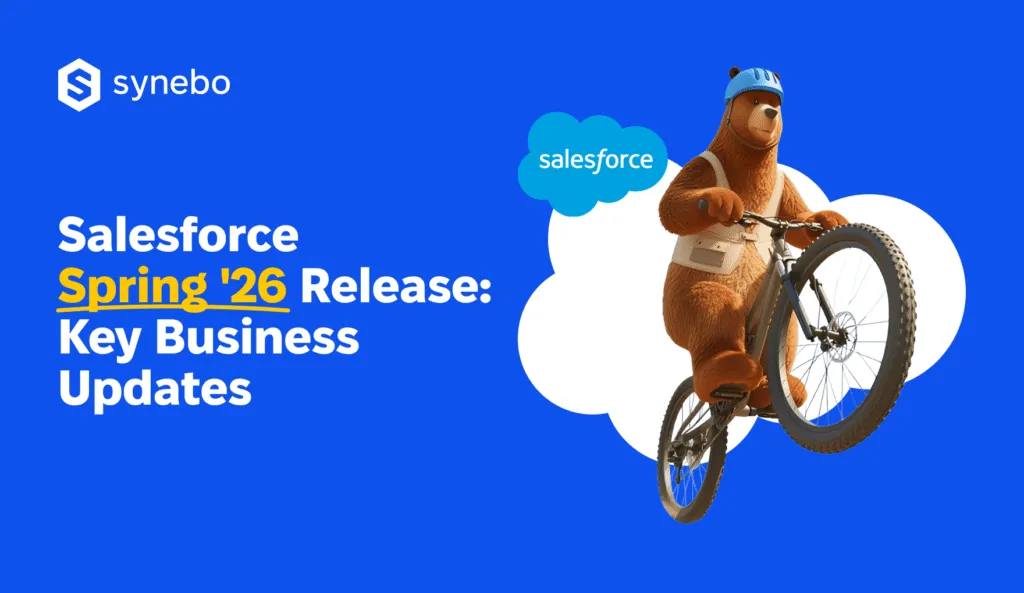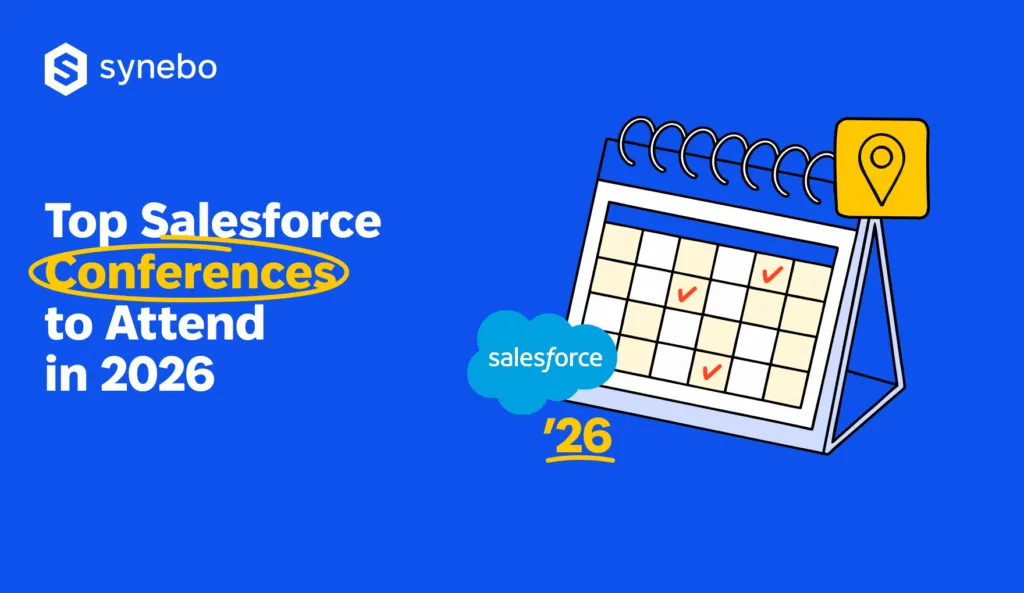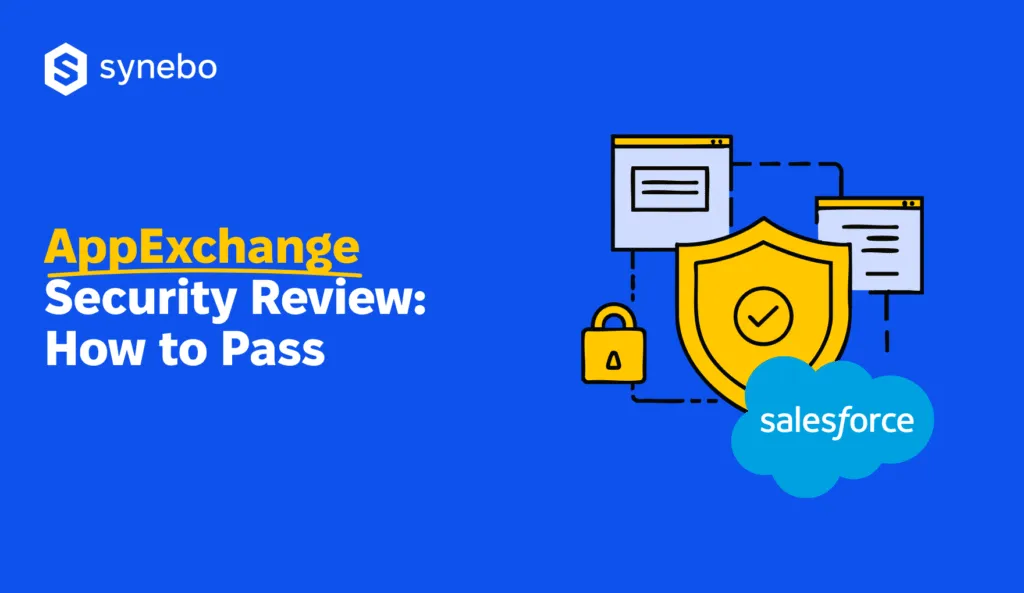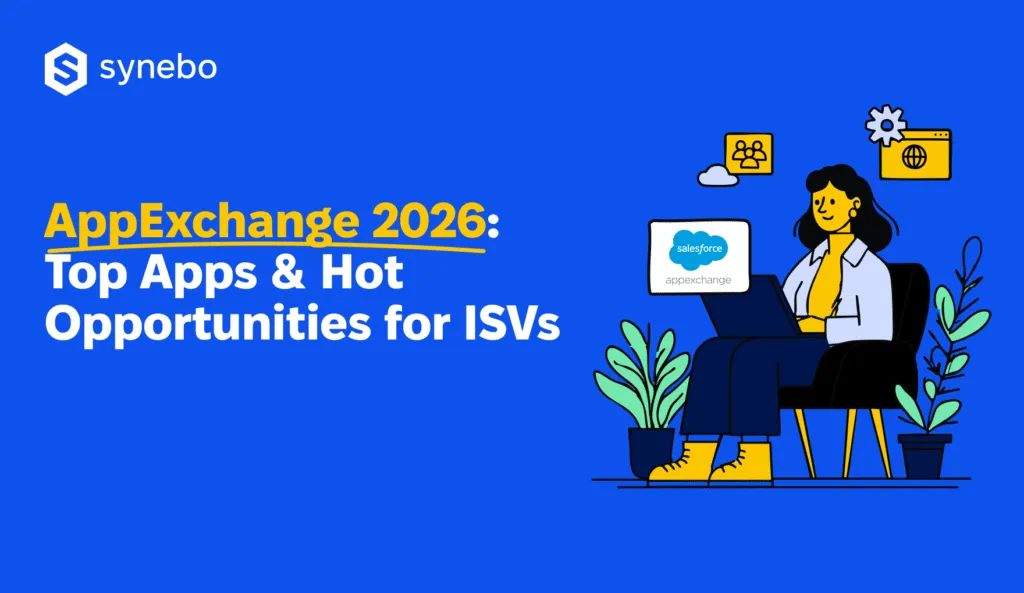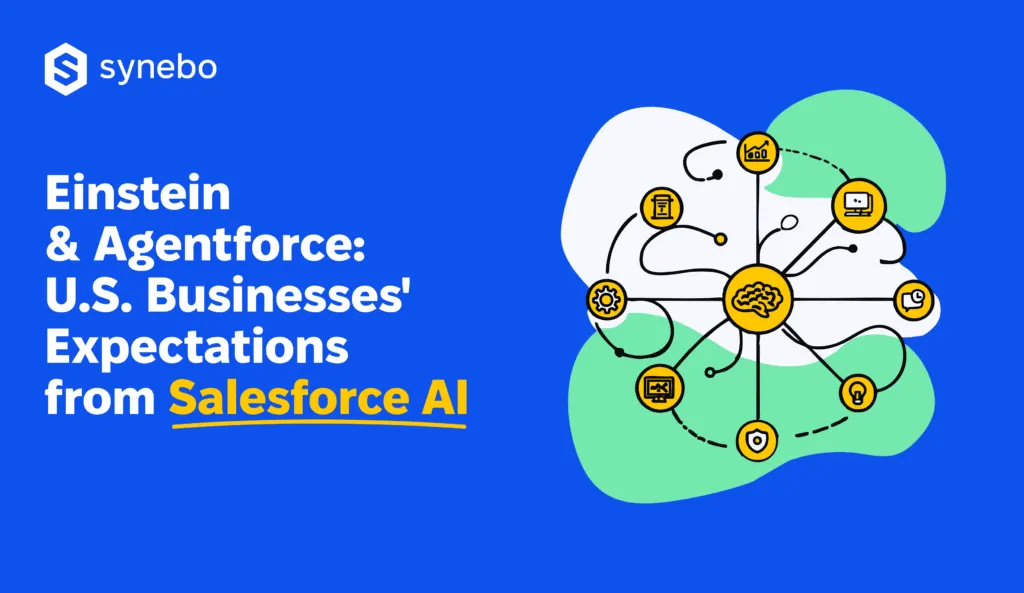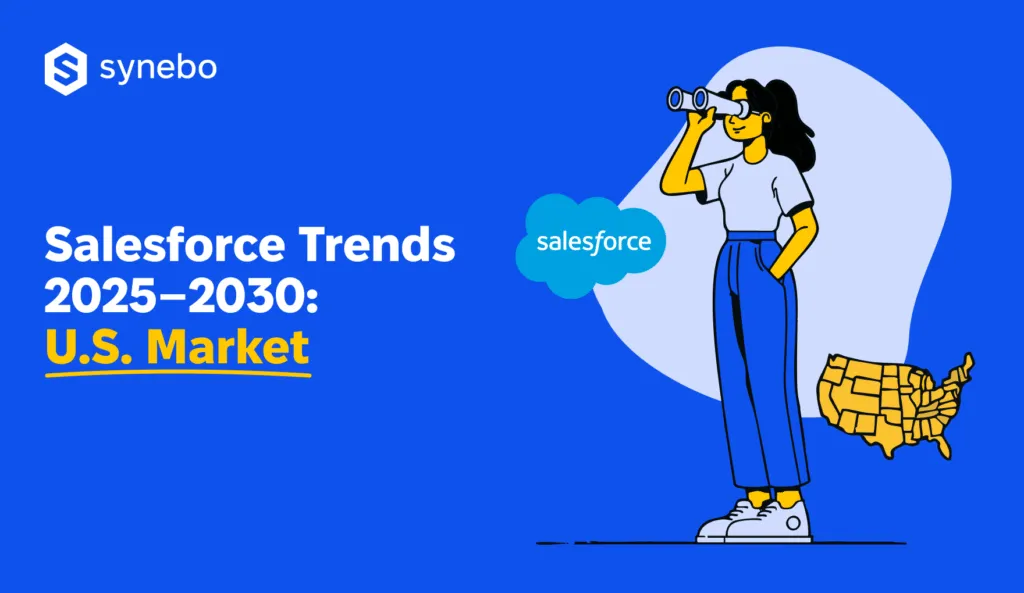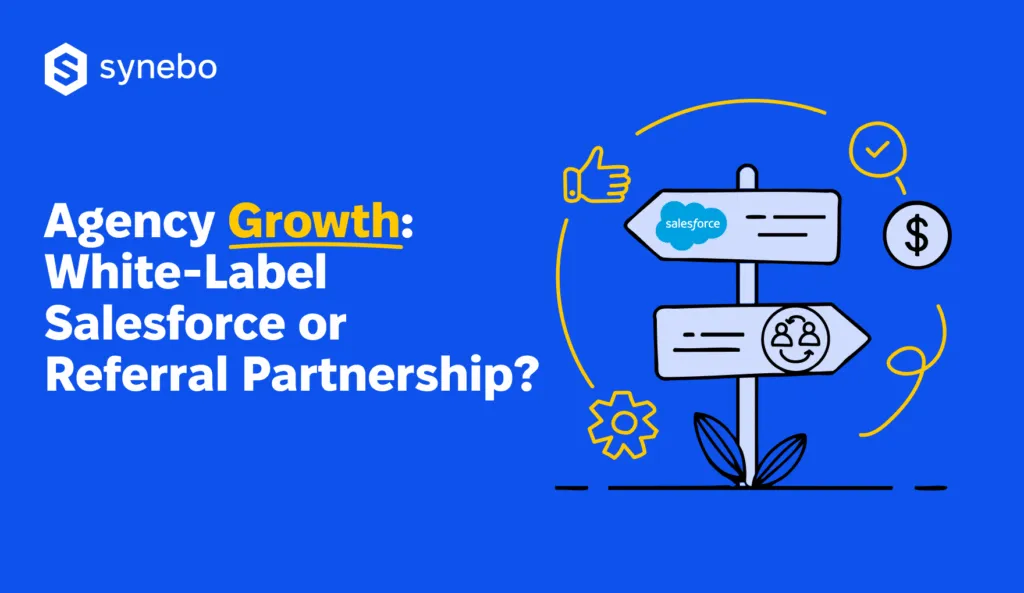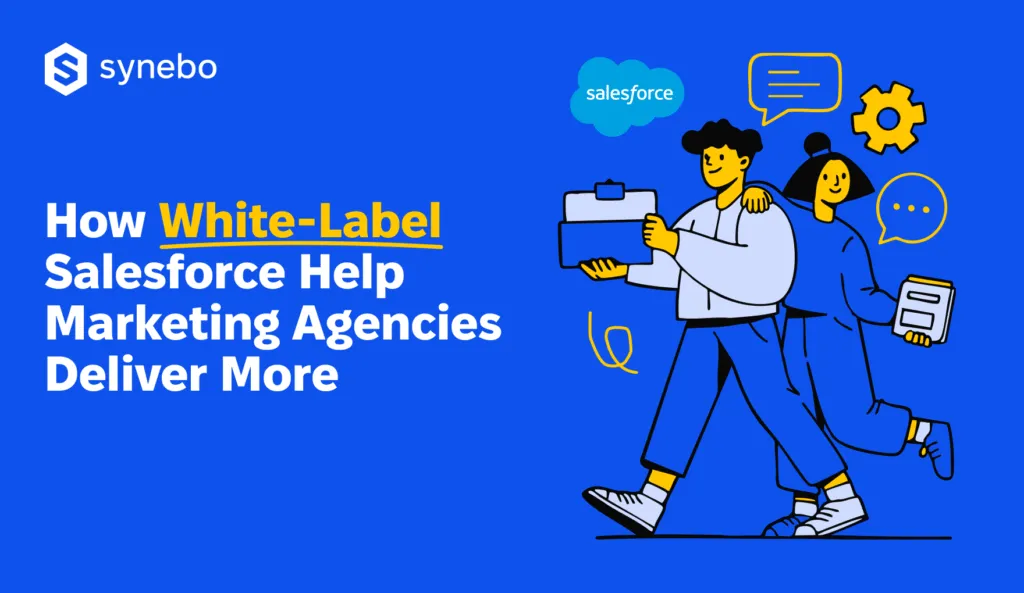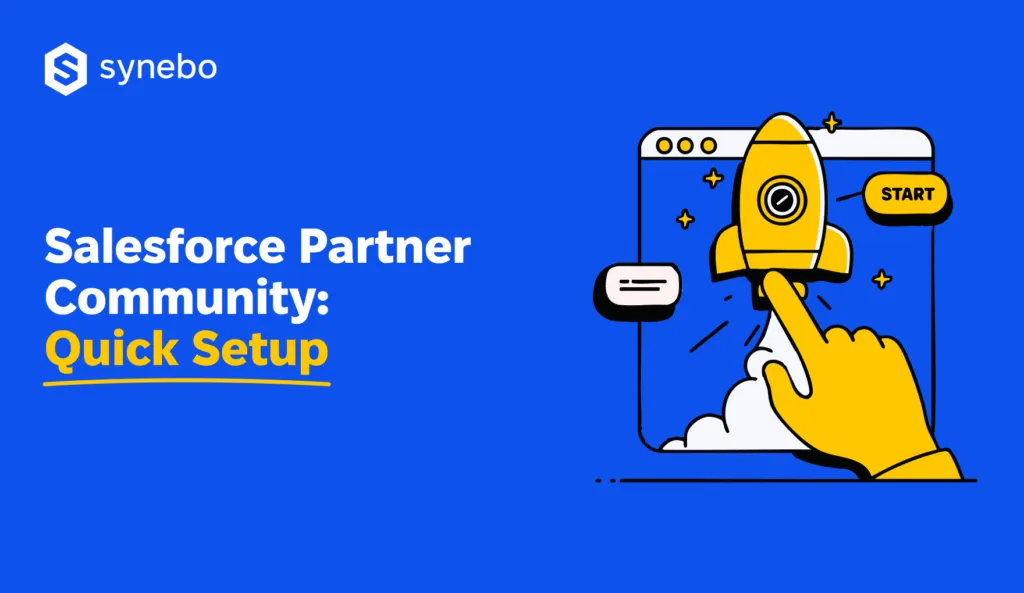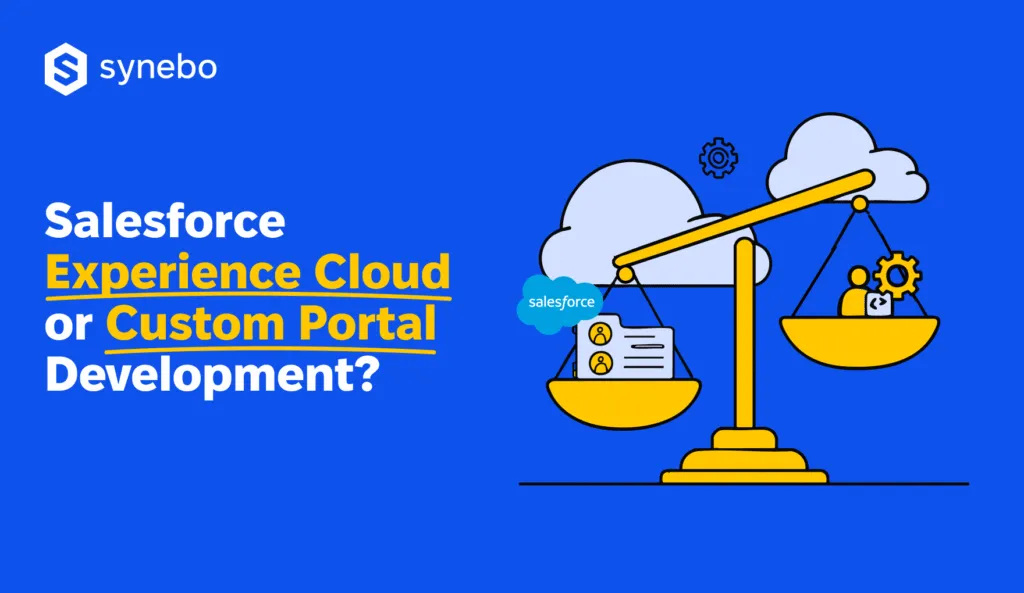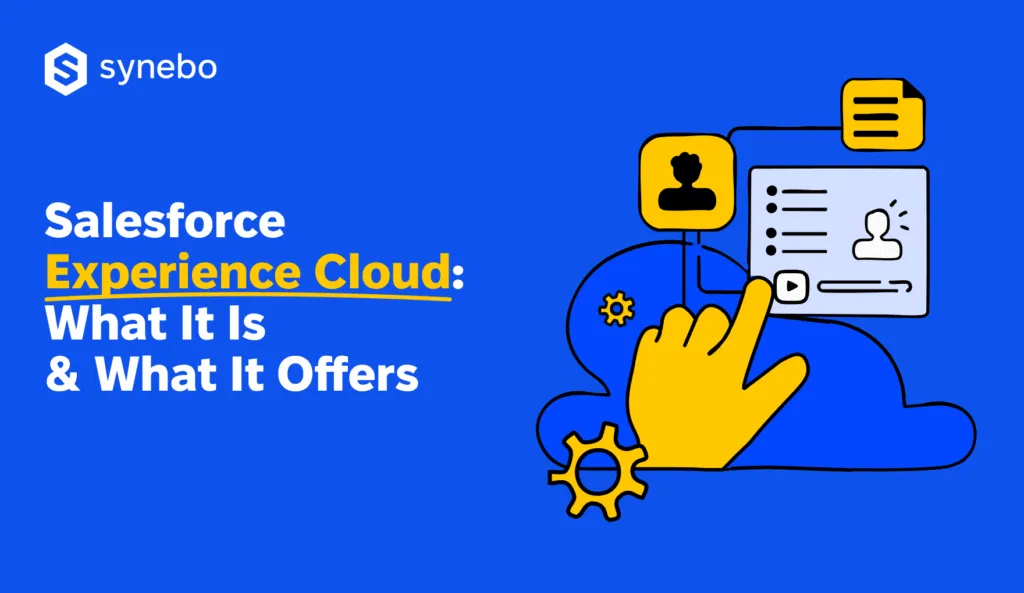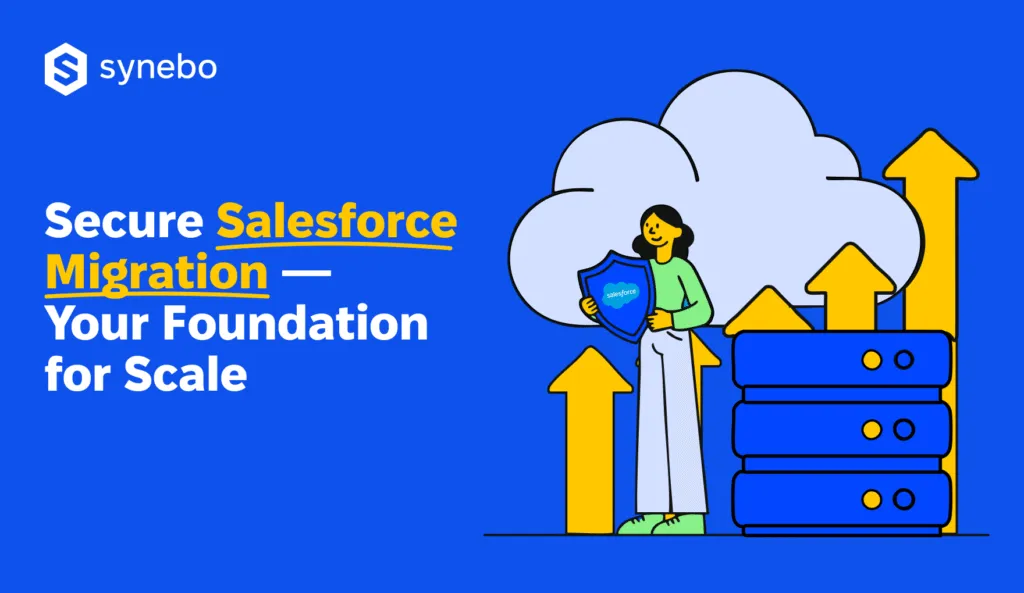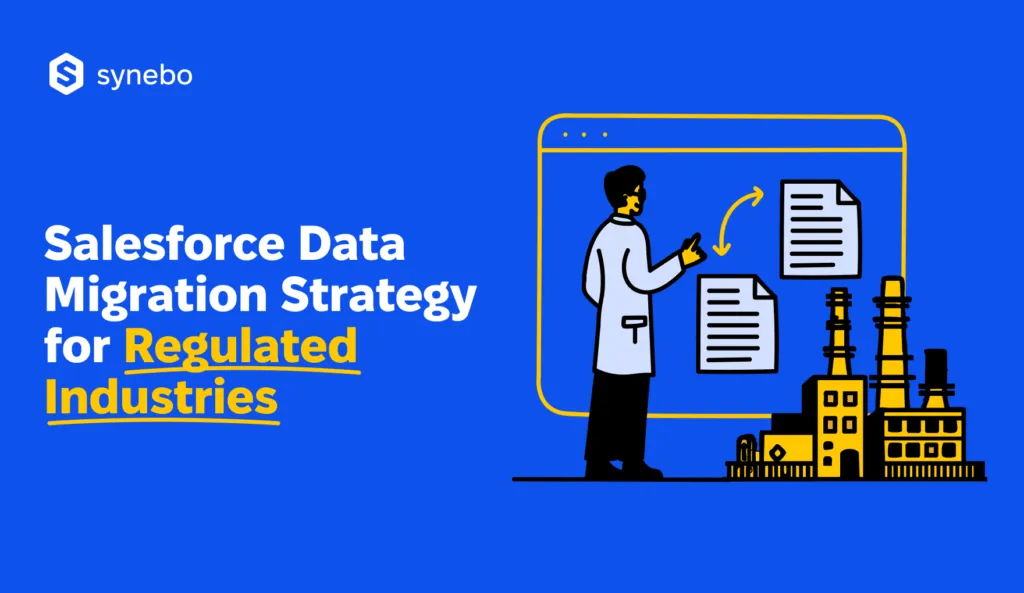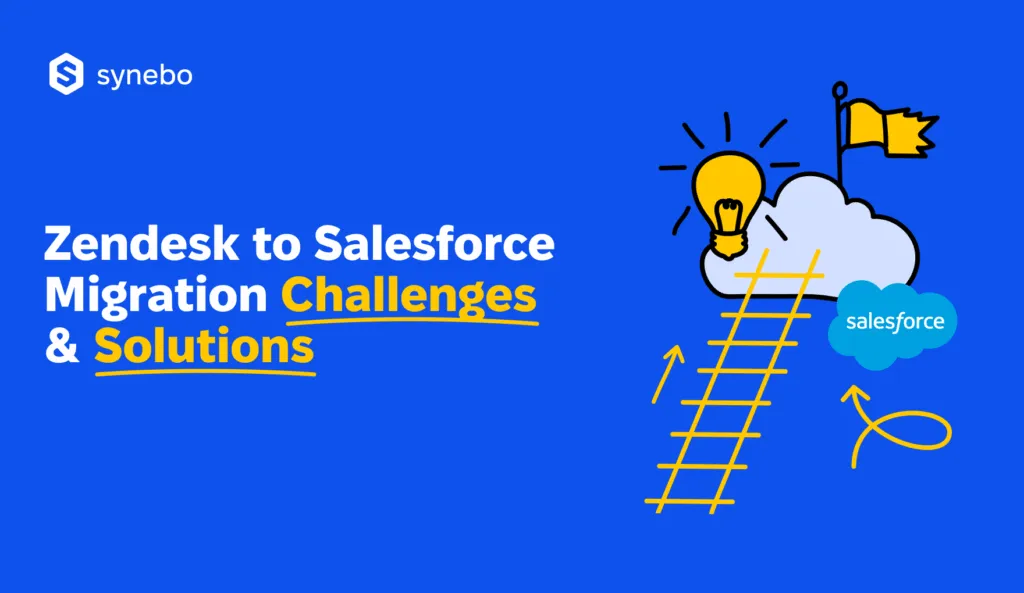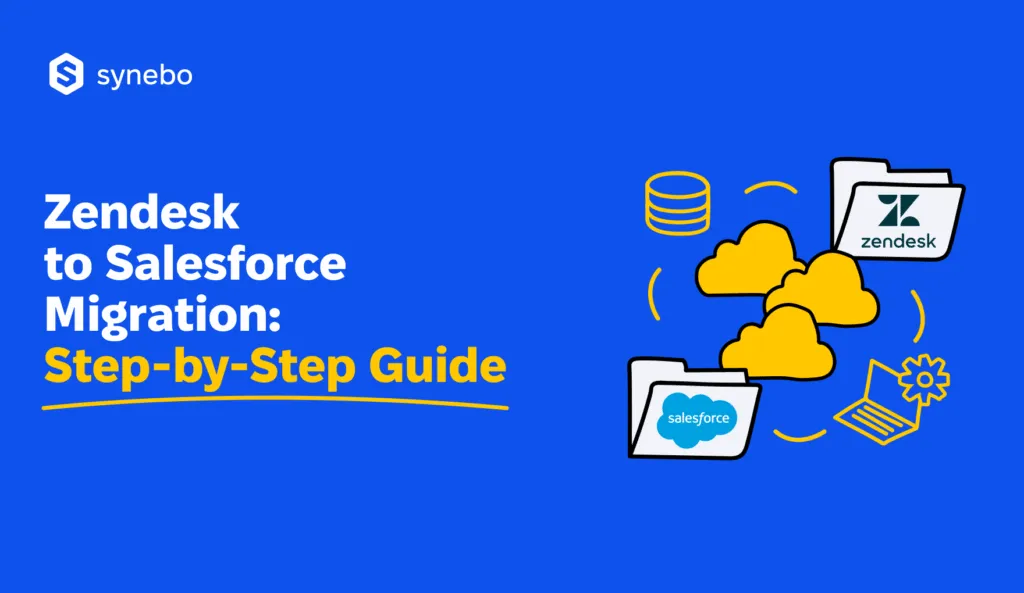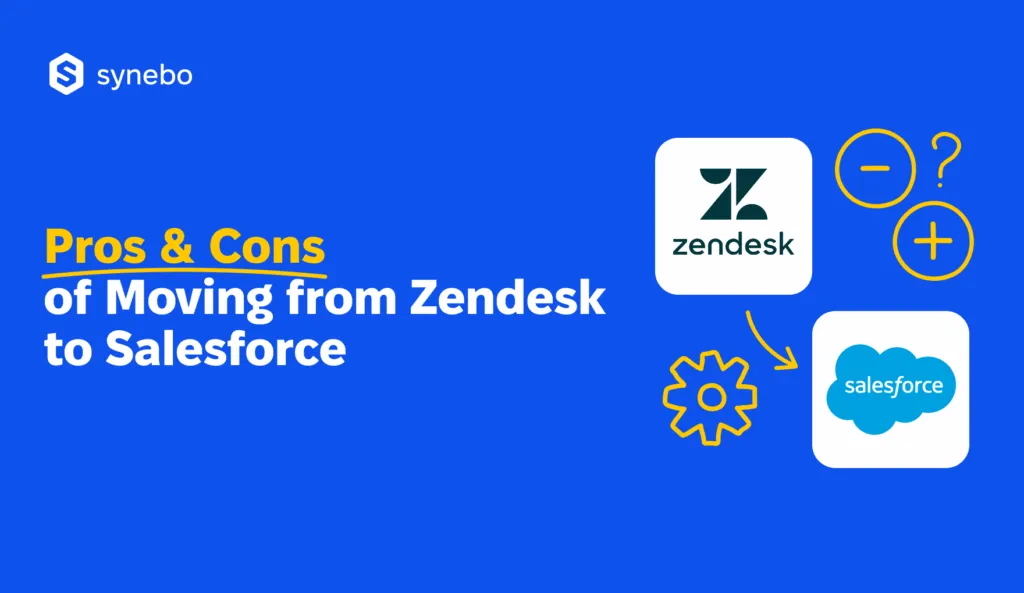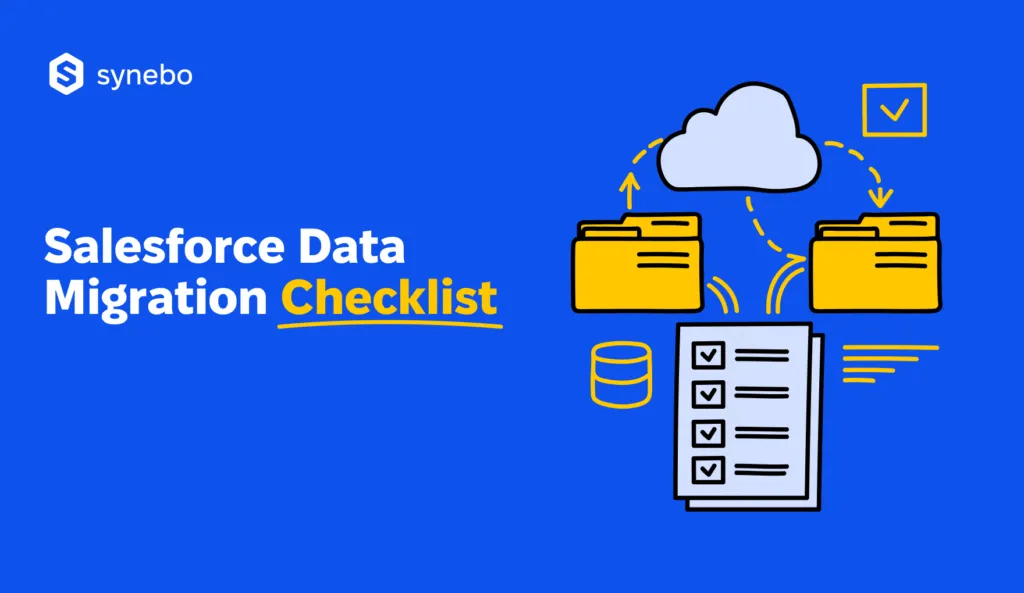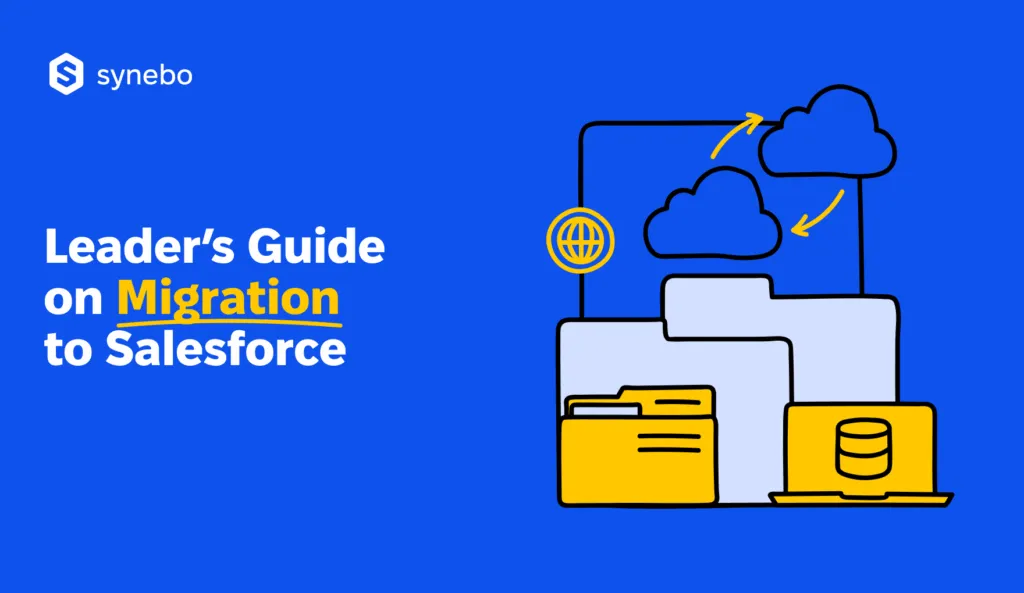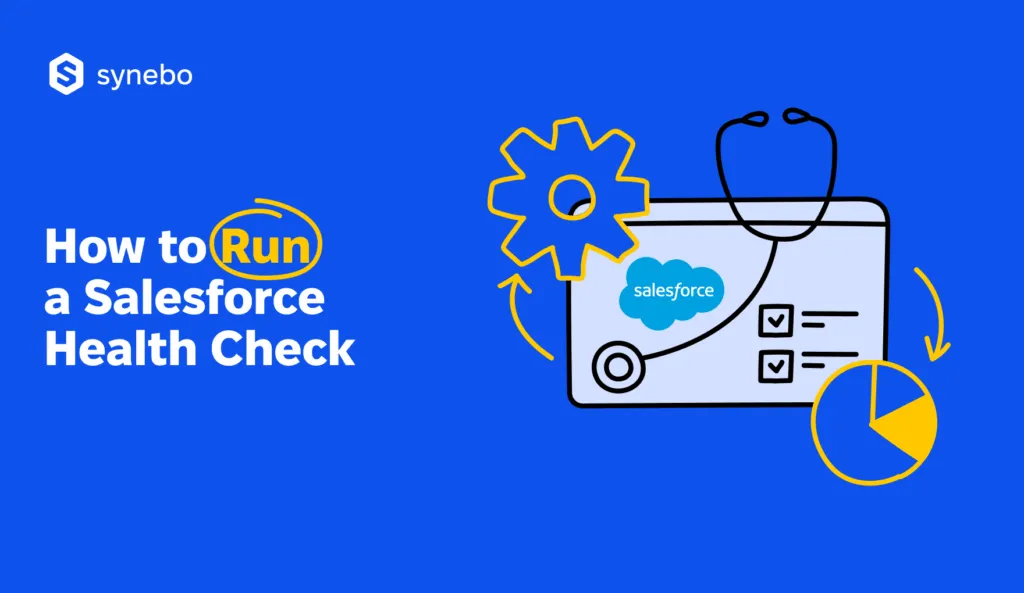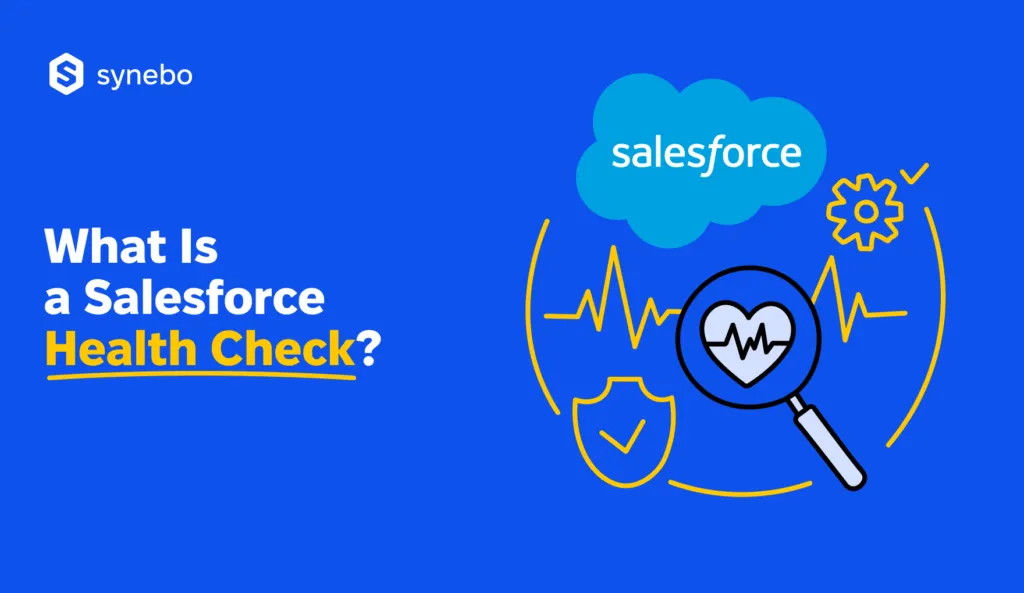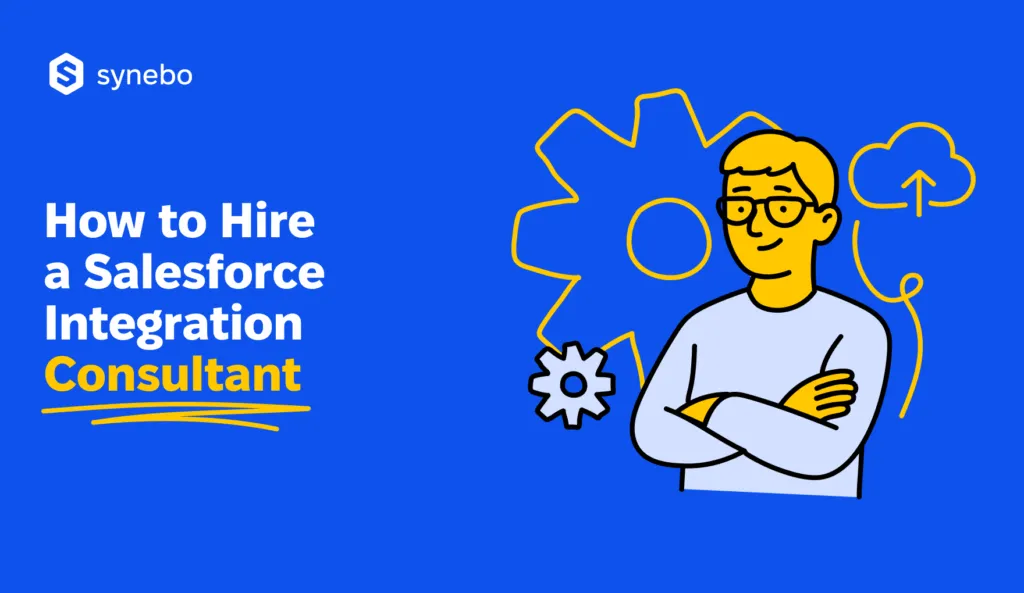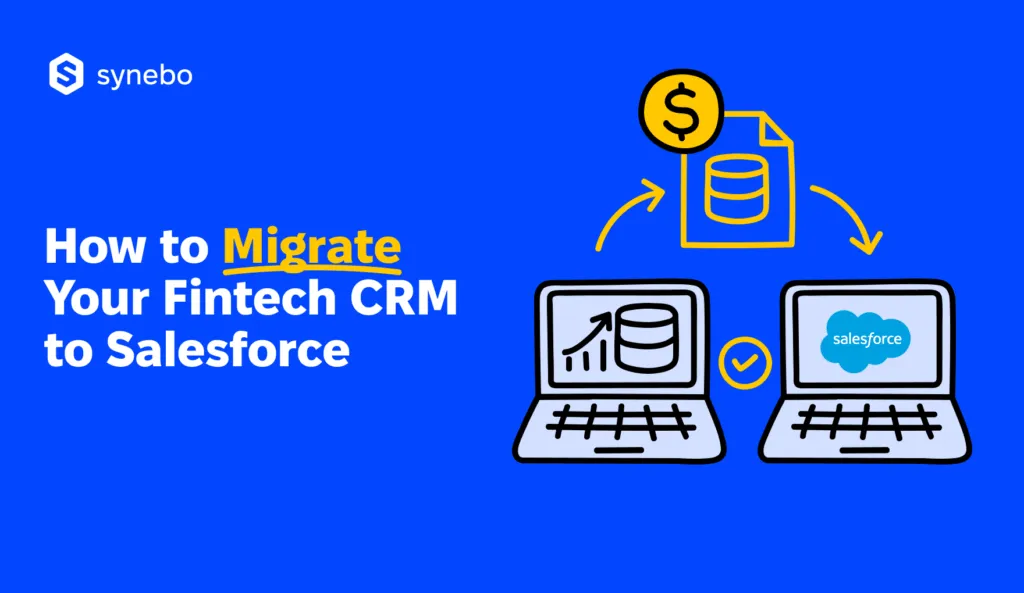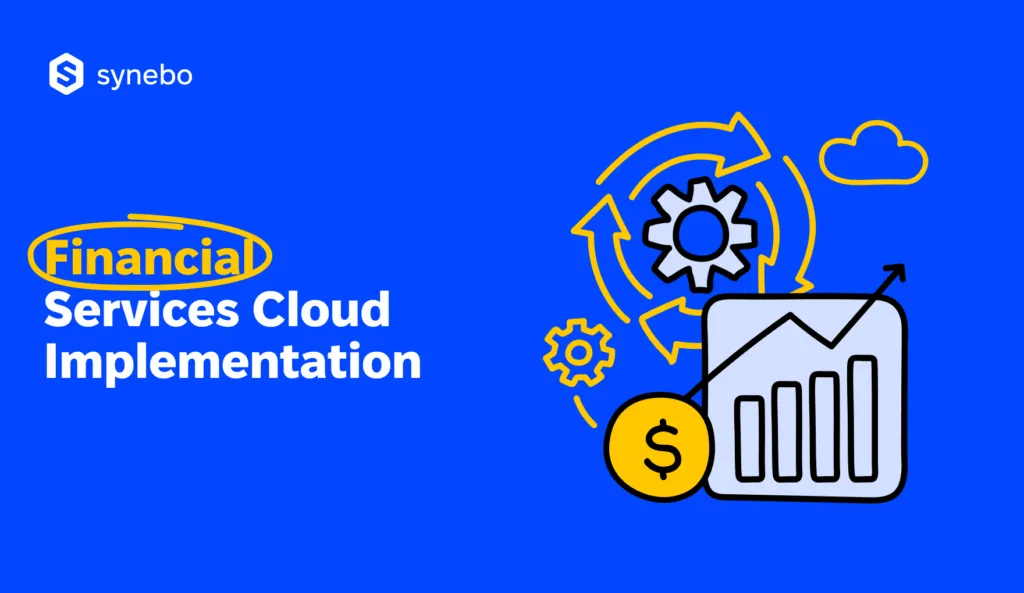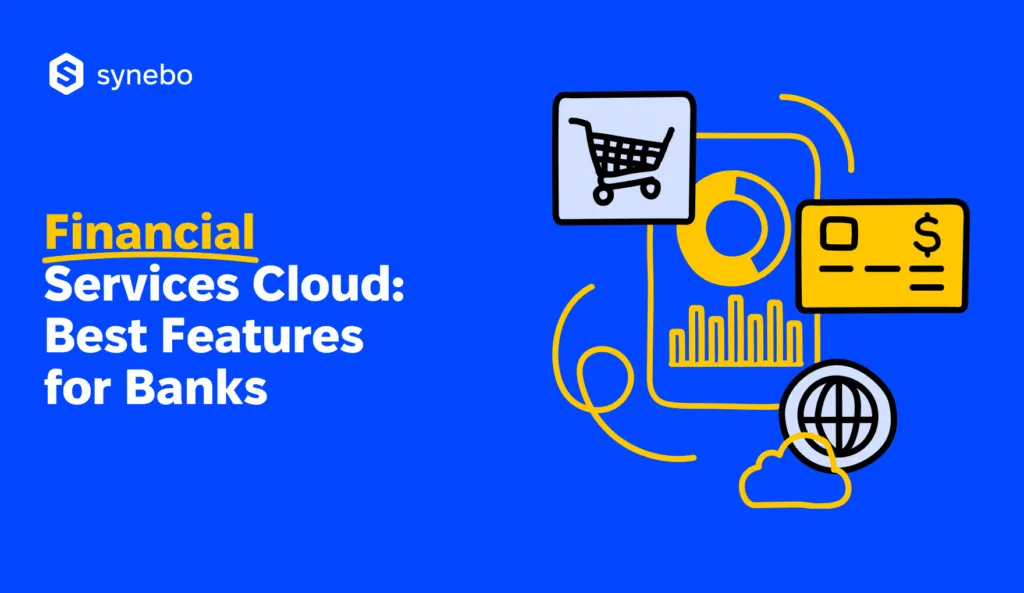In-House vs. Outsourced Salesforce Development Services: Which One is Right for You?

Salesforce is a powerful customer relationship management (CRM) platform that enables businesses to streamline processes, improve customer engagement, and drive growth. However, implementing and maintaining Salesforce requires technical expertise, customization, and ongoing support.
Regarding Salesforce development, businesses face a crucial decision: should they build an in-house team or outsource development to an external partner? Each approach has its advantages and drawbacks, and the choice depends on multiple factors such as budget, project complexity, security concerns, and long-term business goals.
In this article, we’ll explore the key differences between in-house and outsourced Salesforce development, their pros and cons, and help you determine which option is best suited for your organization.
What is In-House Salesforce Development?

In-house Salesforce development means hiring and maintaining an internal team dedicated to Salesforce-related tasks such as customization, integrations, support, and maintenance. These employees work within the organization, following its structure, processes, and culture.
Pros of in-house Salesforce development:
- Deep business alignment – An internal team is well-versed in company processes, objectives, and culture, ensuring solutions are aligned with the business needs.
- Seamless communication – Proximity allows for direct collaboration, leading to faster decision-making and better understanding of project requirements.
- Complete control – Having an in-house team gives management direct oversight of development, ensuring adherence to company standards and security policies.
- Long-term investment – A dedicated internal team can build deep product knowledge and maintain consistency in Salesforce development efforts.
Cons of in-house Salesforce development:
- High costs – Hiring full-time developers, providing benefits, and training employees can be expensive.
- Talent acquisition challenges – Finding and retaining skilled Salesforce professionals is competitive and time-consuming.
- Limited scalability – Expanding or downsizing the team based on project needs can be difficult.
- Technology gaps – An in-house team may lack diverse expertise compared to an external partner that works with multiple industries.
What is Outsourced Salesforce Development?

Outsourcing Salesforce development involves working with an external agency or consultants to handle various Salesforce-related tasks. This approach is common for businesses looking for specialized skills, cost-effectiveness, and flexibility.
Pros of outsourced Salesforce development:
- Cost savings – Outsourcing eliminates recruitment, salaries, training, and infrastructure costs, offering a more affordable solution.
- Access to expertise – External agencies often have diverse industry experience and deep knowledge of Salesforce best practices.
- Scalability – Businesses can quickly scale resources up or down based on project demands.
- Faster implementation – With a dedicated external team, projects can be executed more efficiently with reduced time-to-market.
Cons of outsourced Salesforce development:
- Less control – External teams operate independently, which can result in reduced oversight and potential misalignment with business expectations.
- Communication barriers – Differences in time zones, language, or work styles can lead to collaboration challenges.
- Data security concerns – Sharing sensitive business data with third-party vendors may pose security risks if proper protocols are not in place.
In-House vs. Outsourced Salesforce Development
|
Factor |
In-House Development |
Outsourced Development |
|
Cost |
Higher due to salaries, benefits, and infrastructure. |
Lower due to flexible payment structures. |
|
Expertise |
Limited to the internal team’s knowledge. |
Access to a diverse pool of experts. |
|
Control |
Full control over the development process. |
Less direct oversight. |
|
Scalability |
Difficult to adjust team size quickly. |
Easily scalable based on project needs. |
|
Communication |
Easier with on-site teams. |
Potential barriers with remote teams. |
|
Data Security |
More control over sensitive data. |
Requires trust and security agreements. |
Key Factors to Consider When Choosing
Deciding between in-house and outsourced Salesforce development requires careful evaluation of several factors:
1. Project Complexity & Scope
For businesses undertaking large-scale, long-term Salesforce projects, having an in-house team can be advantageous. A dedicated team ensures continuity, deep understanding of the project, and alignment with company-specific requirements. However, short-term, specialized, or one-off projects may be better suited for outsourcing since external experts can quickly deliver targeted solutions without the need for long-term commitments.
Additionally, consider the level of customization required. If your Salesforce needs are highly specific and continuously evolving, an in-house team can provide better support and adaptability. In contrast, if your requirements are standardized and well-defined, an outsourced team can execute efficiently without much oversight.
2. Budget Considerations
Budget is a major factor in deciding between in-house and outsourced development. Maintaining an in-house team involves fixed costs such as salaries, benefits, office space, and training programs. These expenses can quickly add up, making it an expensive long-term investment.
Outsourcing, on the other hand, allows businesses to reduce costs by paying only for the services needed. Many agencies offer flexible pricing models such as hourly rates, fixed project costs, or retainer agreements, making it easier to manage financial resources. However, businesses must also consider the hidden costs of outsourcing, such as potential delays, contract negotiations, and communication overhead.
3. Required Expertise
Salesforce is a vast ecosystem with multiple products, integrations, and features. Hiring an in-house team means relying on a limited set of skills, which may not be sufficient for handling complex development needs. In contrast, outsourcing provides access to a diverse range of experts, from certified Salesforce developers to architects, consultants, and administrators.
If your company regularly needs specialized Salesforce skills such as AI-driven automation, API integrations, or multi-cloud solutions, working with an external vendor may be the best option. However, if your Salesforce needs are consistent and revolve around core CRM functionalities, investing in an in-house team could provide better long-term value.
4. Security & Compliance
Businesses handling sensitive customer data, financial transactions, or healthcare records must prioritize security and compliance. An in-house team offers direct control over security protocols, ensuring that sensitive data remains within the organization. This is particularly important for industries that must adhere to strict regulations such as GDPR, HIPAA, or SOC 2.
Outsourcing requires careful vendor selection. Ensure your outsourcing partner follows industry-standard security practices, has strong contractual agreements, and complies with necessary regulations. Look for certifications such as ISO 27001 or Salesforce Security Best Practices to mitigate risks.
5. Time Sensitivity
For businesses needing fast deployment, outsourcing can be a game-changer. Established Salesforce agencies have pre-built frameworks, workflows, and development methodologies that accelerate project completion.
However, in-house teams can provide better long-term efficiency, especially for projects that require continuous development and iteration. The initial setup may take longer due to hiring and training, but once established, the team can ensure seamless improvements over time.
Which One Should You Choose?
There is no one-size-fits-all solution. The choice between in-house and outsourced Salesforce development depends on your business priorities, budget, and project complexity. Here’s a quick guideline:
Choose in-house development if:
- You have long-term Salesforce needs.
- You require strict security and compliance controls.
- You want full control over the development process.
Choose outsourcing if:
- You need specialized expertise for short-term projects.
- You have budget constraints and want to reduce costs.
- You require fast implementation and scalability.
For many businesses, a hybrid approach—blending internal control with external expertise—offers the best balance between cost, security, and efficiency.
Whichever approach you choose, ensuring strong project management, clear communication, and data security protocols will be key to the success of your Salesforce initiatives.
Wrapping up
While hiring an in-house Salesforce Service Cloud Specialist has its advantages, outsourcing to an experienced Salesforce partner like Synebo provides the best value for money. Synebo offers:
- Certified Salesforce Experts with proven industry experience.
- Scalable Solutions that grow with your business.
- Faster Implementation with access to a ready team of professionals.
- Ongoing Support & Optimization for continuous improvement.
Whether you need a one-time Service Cloud implementation or ongoing support, Synebo ensures you get the best results without the hassle of recruitment and long-term employee costs.
Final Thoughts
Hiring the right Salesforce Service Cloud specialist requires a balance of technical expertise, industry knowledge, and strong communication skills. By following these best practices, you can ensure your hire will optimize Service Cloud to improve customer service efficiency, automate workflows, and enhance the overall user experience.
Summary checklist for hiring a Salesforce Service Cloud specialist:
- Clearly define your business needs and objectives.
- Prioritize certified professionals with Service Cloud expertise.
- Look for industry experience relevant to your business.
- Conduct a technical skills assessment using real-world scenarios.
- Evaluate communication and problem-solving abilities.
By carefully vetting candidates, you can build a customer service operation that is scalable, efficient, and aligned with your business goals.
Ready to optimize your customer service with Salesforce Service Cloud?
An in-house team provides dedicated resources, deep business understanding, and faster response times for troubleshooting and updates. Over time, they become familiar with company-specific processes, ensuring tailored solutions.
However, maintaining an in-house team is costly, requiring salaries, benefits, and ongoing training. It also takes time to recruit skilled professionals, making it less flexible for businesses with fluctuating development needs.
Outsourcing provides access to a global talent pool, reducing hiring and training costs. Businesses can quickly scale up development efforts and leverage specialized expertise without long-term commitments.
It also speeds up project delivery, as agencies have proven processes and pre-built solutions. However, businesses need to ensure clear communication and select a reliable partner to avoid potential integration challenges.
In-house teams involve fixed costs, including salaries ($90,000–$150,000 per year), benefits, and training expenses. This makes it a long-term investment that requires careful budget planning.
Outsourcing is more cost-effective for short-term or flexible projects, with hourly rates ranging from $75 to $200. It eliminates overhead costs and allows businesses to pay only for the expertise they need.
An in-house team is ideal for companies needing continuous Salesforce customization and support. They offer stability and deeper integration with business processes.
Outsourcing is better suited for businesses with fluctuating needs or those requiring niche expertise. It provides flexibility and access to top talent without long-term commitments.
Consider your business size, budget, and project complexity. If Salesforce is core to your operations and requires ongoing updates, an in-house team may be beneficial.
If you need specialized expertise, faster implementation, or cost flexibility, outsourcing is the better option. A hybrid approach—keeping a small in-house team while outsourcing advanced tasks—can also be effective.


